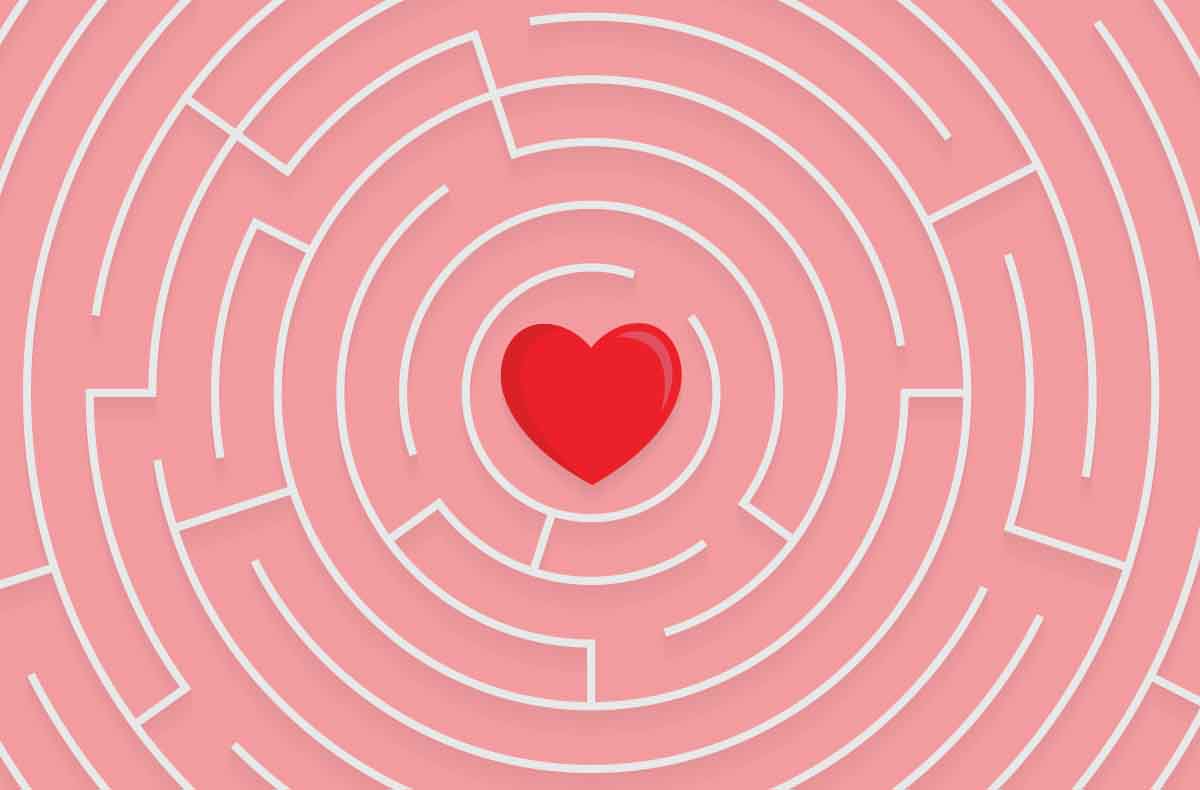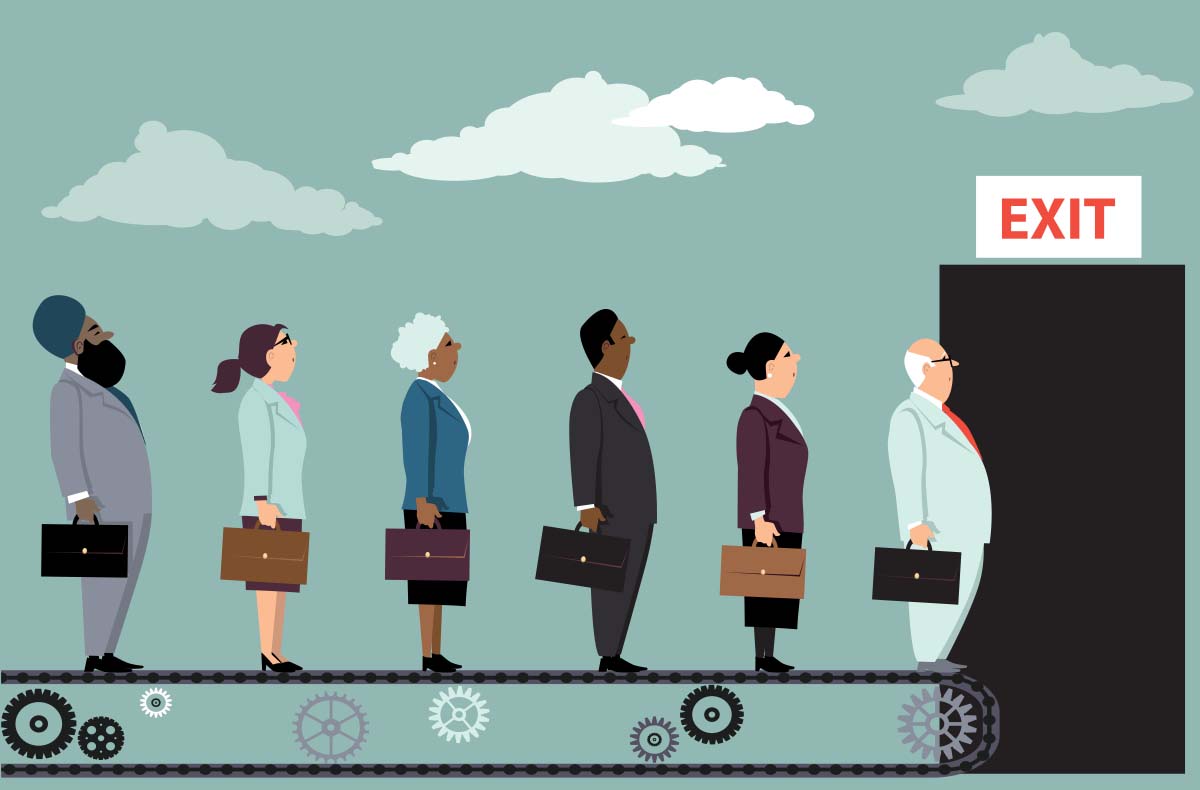
Little more than a year ago I was on a third date with someone I quite liked. He was attractive, successful, a gentleman with boyish charm. It was Christmas and the date was impossibly romantic—we wandered through Covent Garden arm in arm, stopping in every bar and restaurant with sparkly lights and a nice atmosphere (there were a lot).
We were having a great time, starting to get to know the real people, taking more risks and sharing a little more than we had before. Towards the end of the evening, we got talking about our families and the conversation suddenly got serious. It came out that a close family member of his was unwell. Things got emotional and I tried the best I could to comfort him.
Fast forward a few months. A similar situation presented itself. I arrived at a second date and sat down on the high chair at a cocktail bar, sat across from a (usually) cheeky chap. Straight away, I noticed his energy was different. “I’ll give it a few minutes in case it’s slight nerves,” I thought to myself. But it persisted, so I mentioned something. Then it came in quick succession: trouble at work, his health and family problems. The combination had been taking a toll on his mental health.
We all have different preferences on how much to share and when. Many would applaud the honesty and upfront-ness of hearing the truth of someone’s life situation early on, but others might call it over-sharing, or even trauma dumping.
But it caused me to reflect on a bigger question: Why did these two men decide to confide in me at this early stage?
Both are successful, charismatic people with close family and friends. What did they feel they would get out of it? Of all the people in their life at that time, they were speaking to someone they barely knew (and I wouldn’t consider myself the most obvious nurturer, either).
Perhaps that was the appeal—the anonymity. It felt less vulnerable to show emotion to a stranger than someone they knew well. The fact that I am a woman felt like a more likely factor. Maybe it felt easier to speak to me over male friends or family?
But most importantly, if either of these individuals had an outlet, would they have still wanted to share with me?
Looking at society in general, over the past 50 years we have seen cities get bigger, commute times get longer, international travel become cheaper and technology connects us in thousands of ways. Increasingly, families have two working parents so there is less time available for maintaining relationships. We can be in touch with more people than we could before from all over the world. We’ve replaced local community bonds with social media—more connections but they are more remote, distant and virtual.
It doesn’t seem a coincidence then, that many of us are now also looking for much more in a partner—a best friend, confidant and someone to go on adventures with: two equals who share everything together. Perhaps we have unknowingly replaced a tight-knit circle of family and friends, living locally, with a desire for a partner that can be family, friend, lover and therapist all in one?
And with a greater number of more surface-level relationships, are we able to form close bonds any more? Where we feel comfortable enough to share our inner thoughts and feelings, call when we have an emergency at 2am, or allow them to challenge us when we need it? Or have our relationships suffered in our new way of living? Do we no longer know how to do that?
Maybe then they were sharing with me because even though early, I was in a romantic role in their lives.
If we could form better, more fulfilling relationships all round, we would feel more satisfied in our own lives and take the pressure off our romantic connections, allowing them to develop slowly and with lightness. Imagine how liberating it would feel to get things off your chest when you need to and always have a solid support network. We can start to feel safe, secure and loved in our everyday lives, whether we are in a romantic relationship at that time or not.
Plus, feeling this unconditional love from friends and family is attractive. We are more positive, forgiving, empathetic and grounded when feeling loved. It helps to heal anxious attachment and create a more secure attachment style as we feel more safe and secure within ourselves. When we are more positive, it’s easier to see the best in others and assume that others are interested and want the best for us, helping to create the relationship that we want.
So maybe rather than looking for dates or a relationship to feel love and closeness, we should be spending a little more time on our existing relationships.


